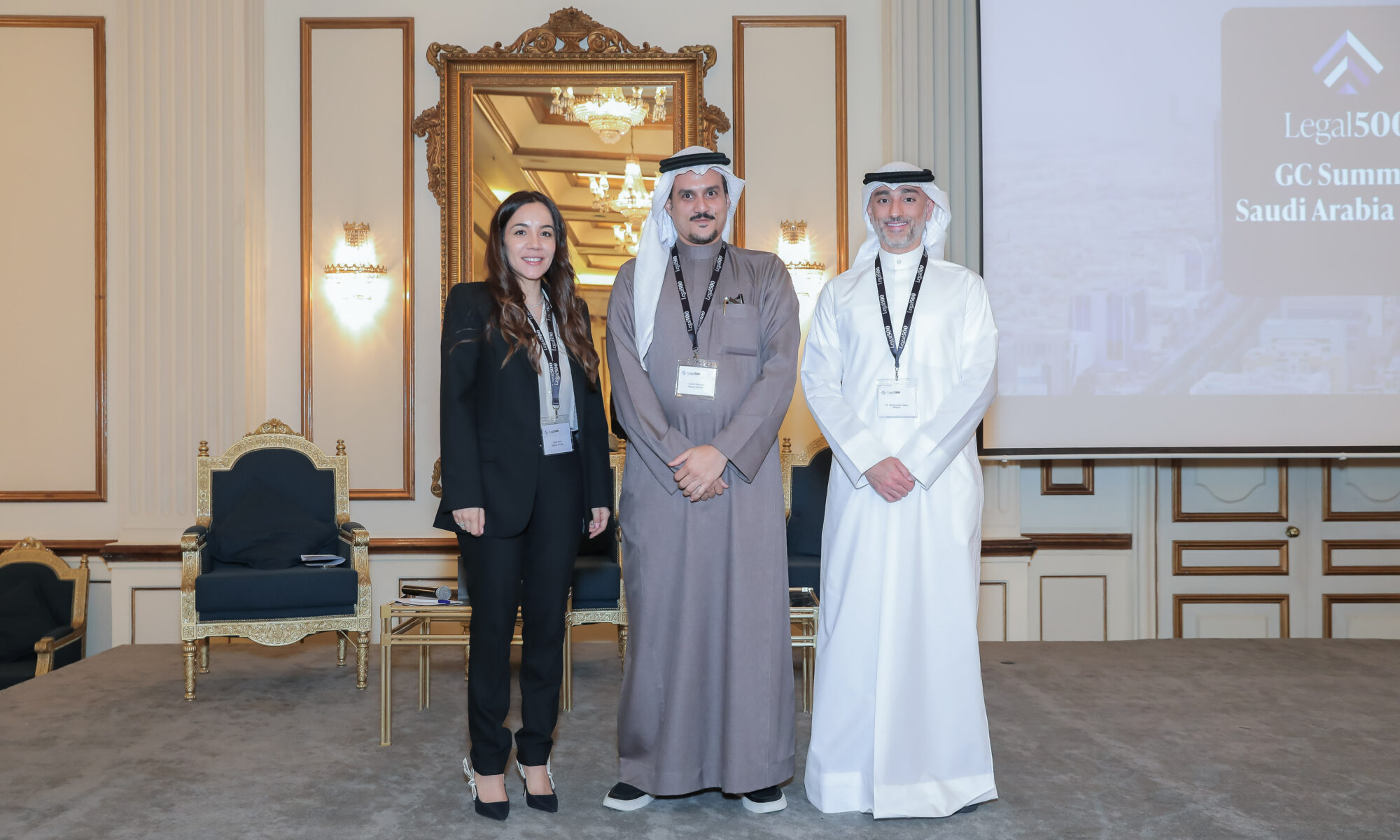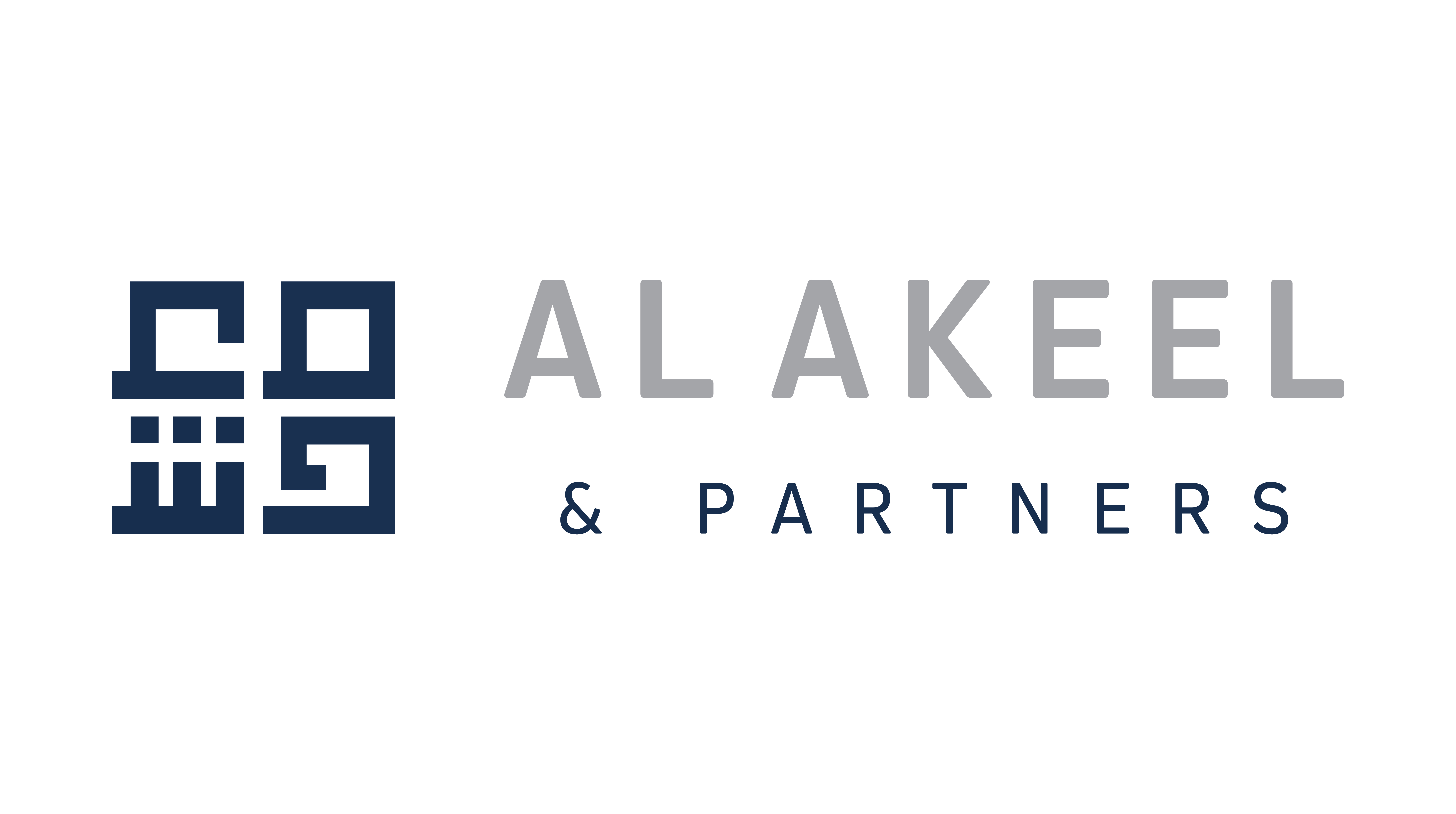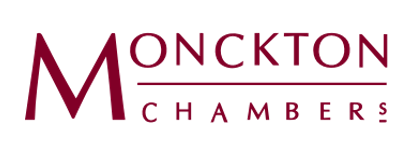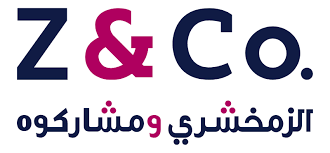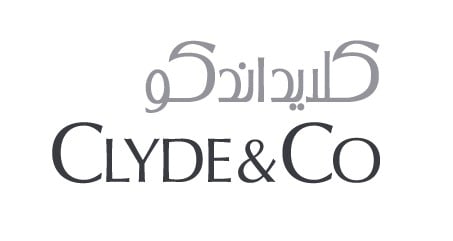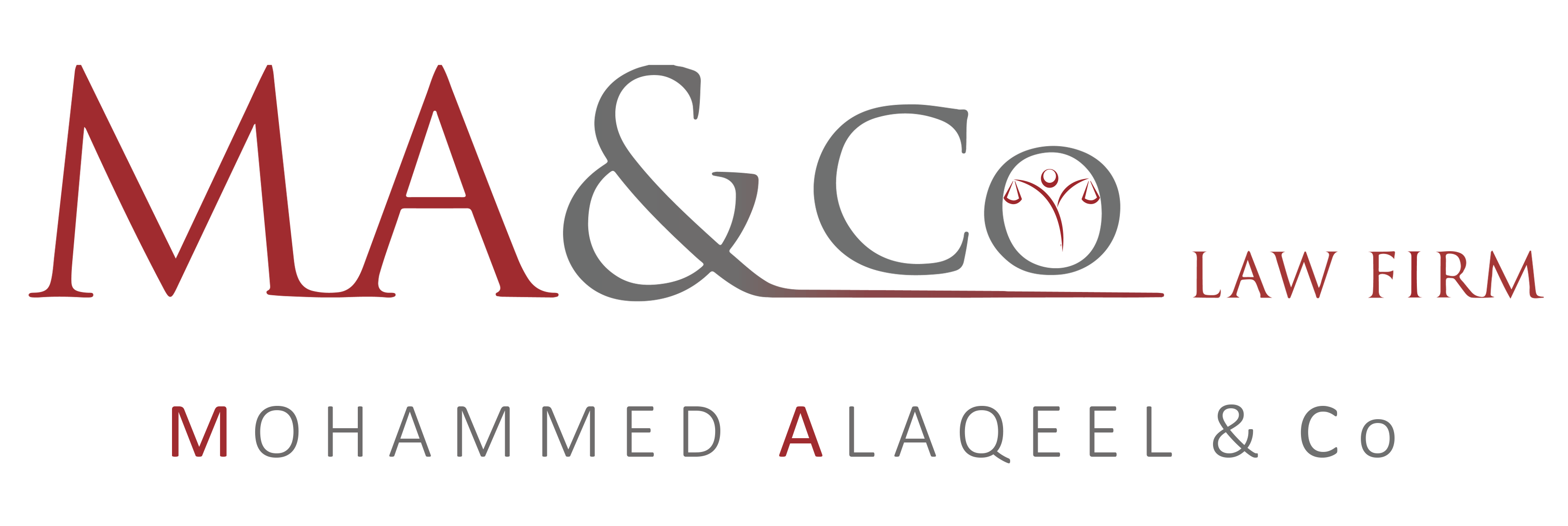Event Report
The GC Summit: Saudi Arabia 2025 gathered leading figures from across the Kingdom’s legal and business landscape for a full day of dynamic conversations, thought leadership, and peer learning. Held at the Sheraton Hotel in Riyadh, the conference served as an important forum for general counsel and other senior legal counsel to discuss the evolving challenges and strategic opportunities shaping the corporate legal function today. The day’s agenda was marked by a wide range of topics, including regulatory engagement, competition law, dispute resolution, family business dynamics, legal AI implementation, and market entry across the GCC. Featuring a line-up of influential legal minds, the summit highlighted the increasingly strategic role of general counsel and offered practical takeaways for those navigating complex legal and commercial environments.
The summit opened with a brief welcome address from the Legal 500’s research editor, Francisco Castro, highlighting the importance in gathering the country’s in-house legal community in events like the GC Summit, as a means for sharing best practices and making new and meaningful connections.
The first panel discussion, “Dealing with Regulators: Strategies for Effective Engagement and Advocacy,” examined how in-house legal teams can build strong, constructive relationships with regulatory bodies while safeguarding their organisations’ commercial interests. Moderated by Zamakhchary & Co., the panel brought together legal experts from both the public and private sectors. The discussion emphasised the importance of transparency, strategic communication, and positioning legal departments as trusted intermediaries between business and government.
This was followed by a session on “Shaping Competition Law in the Kingdom,” which explored Saudi Arabia’s rapidly evolving antitrust landscape. Representatives from Monckton Chambers, Al Akeel & Partners, and the General Authority for Competition discussed recent developments in the law, the culture of compliance, and the practical implications for legal teams operating within and outside the Kingdom. The panel reinforced the notion that effective compliance requires both a technical understanding of the law and a proactive corporate culture.
After a short coffee break, the programme resumed with “Friendly Until It Isn’t: Managing M&A Fallout Before it Starts.” This session focused on the critical importance of arbitration clauses in cross-border M&A agreements. Panellists explored how in-house counsel can reduce dispute risk from the outset by carefully crafting arbitration provisions, considering key elements such as institutional rules, confidentiality terms, and seat selection. Discussions also covered strategies for managing parallel proceedings and post-closing conflicts, offering a robust framework for navigating M&A disputes.
The fourth session of the day addressed a particularly sensitive area for legal professionals in the region: “Shareholder Disputes in Family Businesses and the Evolving Role of In-house Counsel in the Middle East.” The discussion shed light on the distinct pressures facing in-house lawyers in family-run enterprises, particularly as these businesses expand internationally. Speakers explored how to manage conflicts of interest, navigate cross-border legal differences, and mediate complex internal dynamics while upholding legal and ethical standards. The conversation highlighted the nuanced role of the in-house counsel as both legal advisor and trusted business partner in environments shaped by tradition and rapid growth.
Following lunch, attention turned to innovation with “How to Successfully Implement Legal AI: A Step-by-Step Guide.” This practical session was moderated by Francisco Castro from Legal 500, interviewing LEGALFLY’s CEO and co-founder, Ruben Miessen, who demystified the process of adopting AI in legal operations. From choosing the right use case to developing a compelling business case and piloting AI tools, this interactive and engaging presentation focused on actionable steps to unlock the value of AI in legal departments.
The final panel discussion, “Corporate and Commercial Challenges in GCC Market Entry,” addressed the legal and regulatory complexities businesses face when expanding into the Gulf Cooperation Council region. Experts from Meysan and their regional partners discussed key aspects of corporate structuring, foreign investment regulations, and commercial contract practices, offering attendees clear insights into risk mitigation and compliance strategies. The session emphasised the importance of local legal expertise and cross-border coordination for companies aiming to establish or scale operations across GCC jurisdictions.
The day concluded with closing remarks by Arwa M. Al-Shaghrood, General Counsel and Board Secretary at the FII Institute, who reflected on the role of general counsel in regional transformation and the summit’s success in facilitating knowledge exchange. A dedicated networking session followed, providing attendees with the opportunity to build new relationships and continue the day’s conversations in a more informal setting.
In all, the GC Summit: Saudi Arabia 2025 offered legal professionals in the region a timely and practical platform to explore emerging challenges and exchange innovative strategies. From regulatory engagement to legal technology and cross-border expansion, the summit reaffirmed the vital role that in-house legal departments play in shaping resilient, future-ready organisations in an increasingly complex legal environment. Legal 500 looks forward to returning to Riyadh for the release of its inaugural GC Powerlist: Saudi Arabia, highlighting the top corporate counsel in the country.
